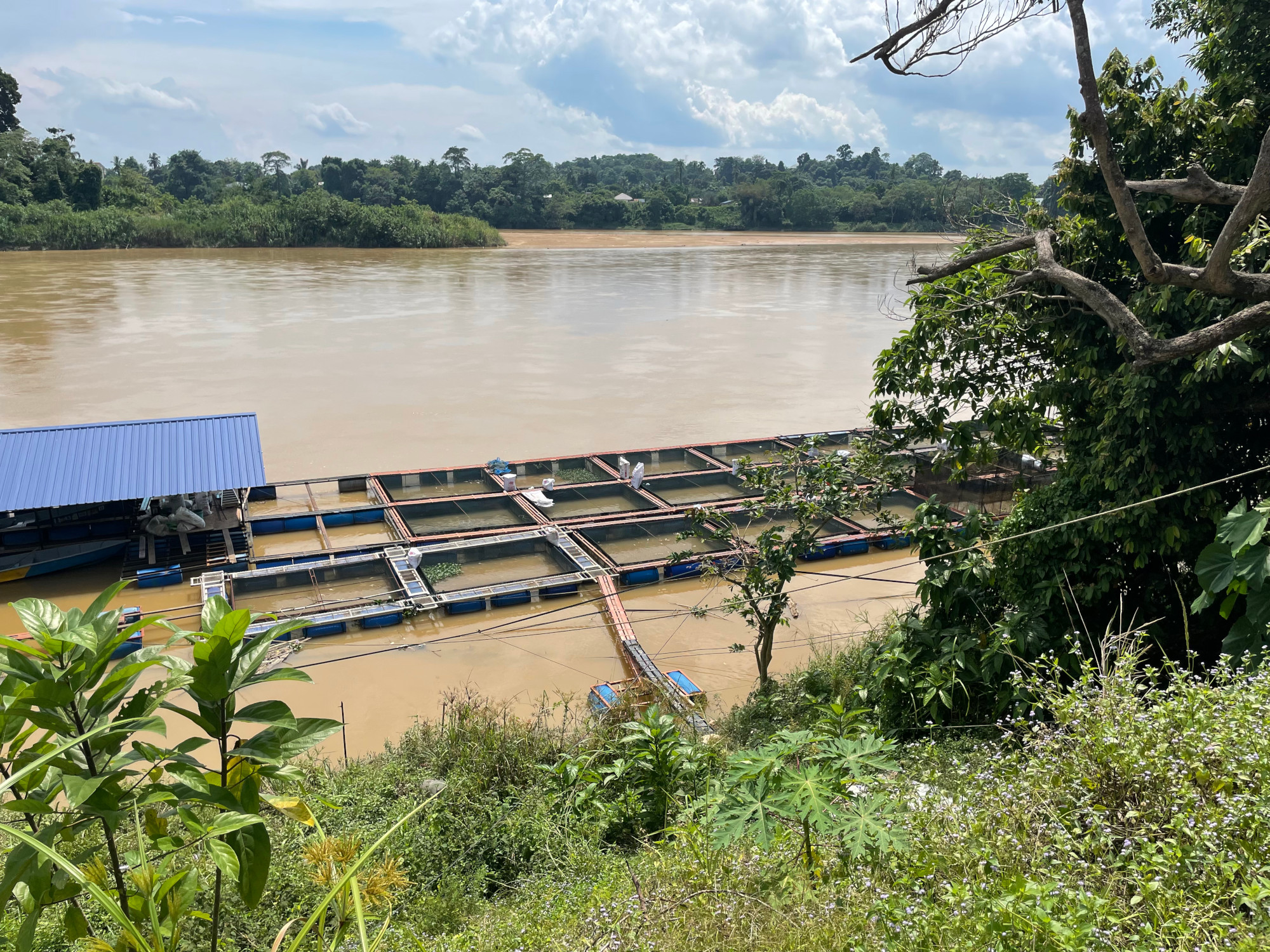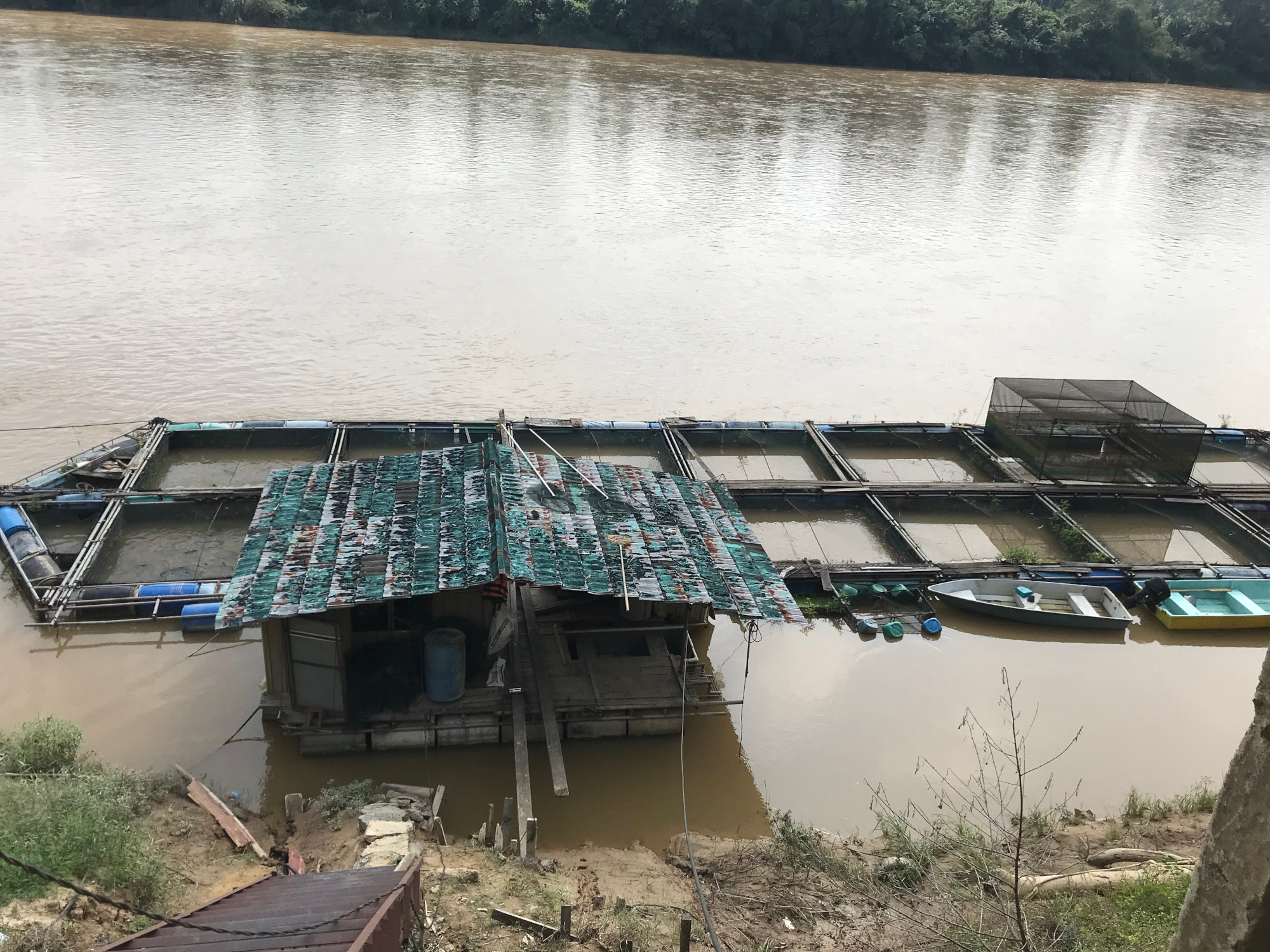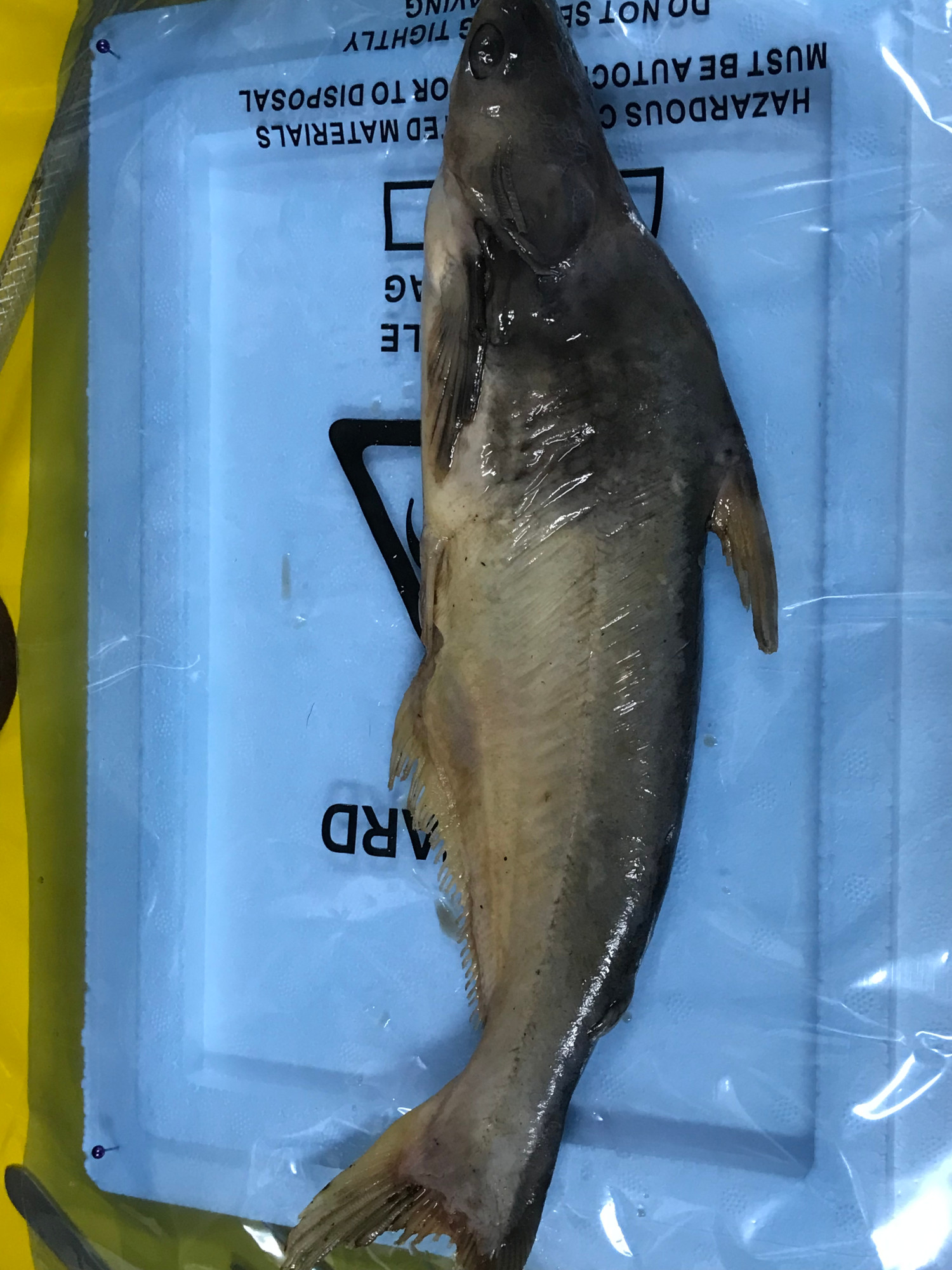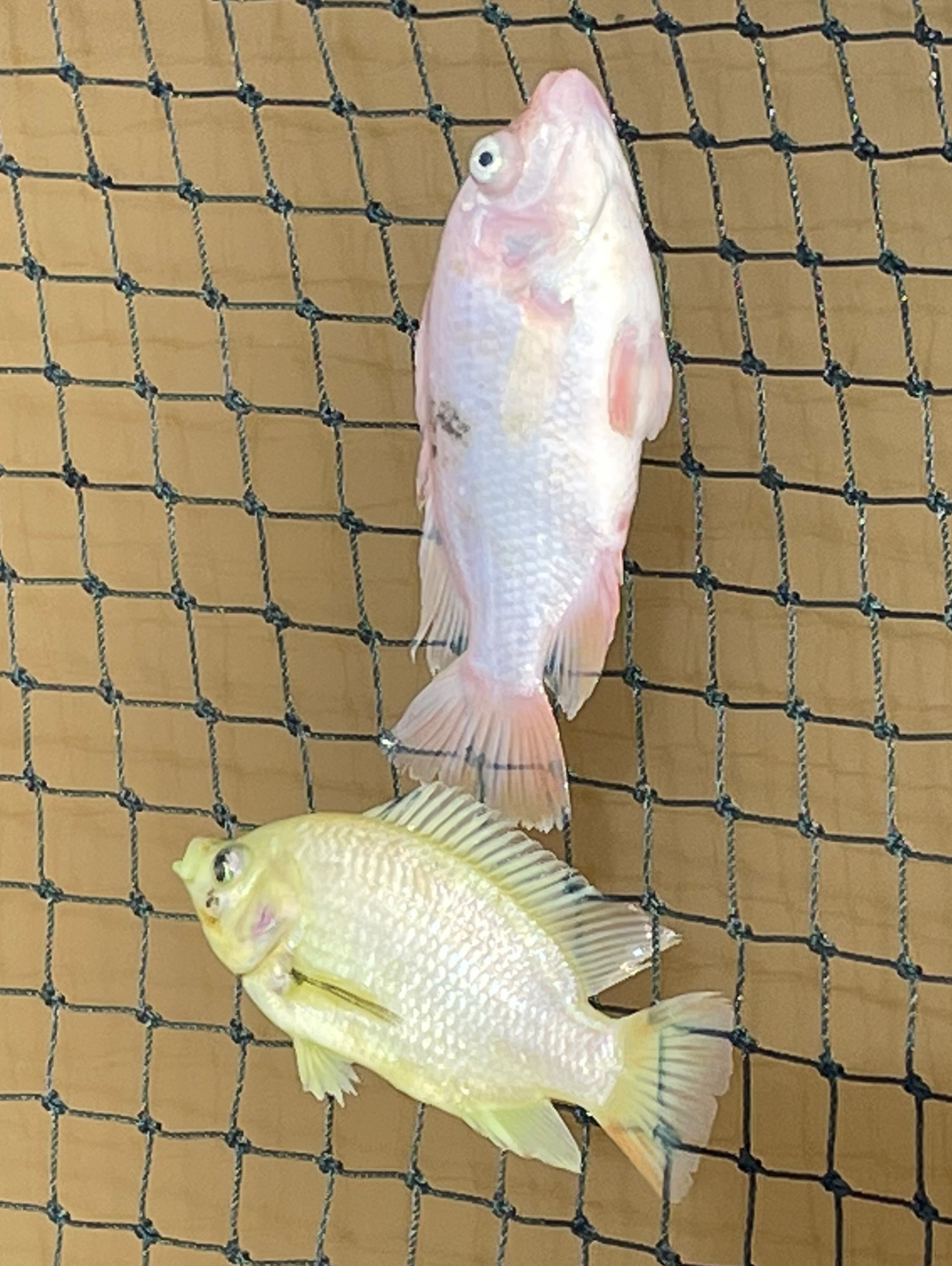By: Dr. Tang Swee Seong
As a researcher involved in the aquaculture industry of Malaysia, I find myself compelled to address the pressing challenges that have plagued our freshwater fish farming community, particularly in Temerloh, Pahang. Our recent endeavours have revolved around understanding and combatting the devastating impacts of disease outbreaks on aquaculture farms.

Aquaculture stands as one of Malaysia’s most significant industries, contributing to the country’s economic growth while enhancing food security. The sector generates employment opportunities, especially in rural areas dominated by freshwater aquaculture ventures. In 2004, the Food and Agriculture Organisation (FAO) of the United States (Malaysian division) reported that aquaculture created 20,976 jobs, with about 70% engaged in freshwater ponds and concrete tank culture systems. Additionally, fisheries and aquaculture boost revenue from exports, accounting for 19.5% of Malaysia’s fish and seafood exports, totalling over RM2.5 billion annually, according to the Malaysian Investment Development Authority (MIDA).
Beyond economic benefits, local aquaculture enhances food security by providing a crucial protein source in the Malaysian diet. Fisheries and aquaculture align with Sustainable Development Goals (SDGs), particularly SDGs 2, 4, and 12. These industries facilitate local government oversight of food production and consumption, allowing for precise law enforcement to ensure product quality and safety. In 2021, the output value of the fisheries industry increased by 7.5%, reaching RM14.88 billion, with aquaculture contributing 24% to the total, as reported by the Department of Fisheries Malaysia, Ministry of Agriculture and Food Security (MAFS).


According to information available on the FAO website, various culture systems are employed in freshwater aquaculture. Earthen pond culture, constituting around 80% of freshwater aquaculture production, and floating net-cage culture, more commonly used in lakes, reservoirs, and ex-mining pools, cover an extensive area of 2,734 hectares. Nile Tilapia (Oreochromis niloticus) stands out as one of the most prevalent freshwater species commercially cultivated in Malaysia, contributing to 44.7% of the total freshwater aquaculture production. It is closely followed by catfish (36.7%) and carps (10.08%). Notably, red tilapia holds the highest monetary value, estimated at USD 27 million.


However, recent events have underscored the vulnerabilities within this vital industry. Disease outbreaks, particularly those affecting species like Patin (Pangasius spp.) and Tilapia (Oreochromis spp.), have resulted in substantial financial losses for farmers and threatened the sustainability of our aquaculture ventures.
The recent incidents along the Sungai Pahang area, notably in the Sg. Temerloh region, have shed light on the severity of the situation. Fish farmers have reported alarming mortality rates among juvenile Patin and Tilapia, with losses amounting to thousands of Ringgit. These losses not only impact the financial stability of our farmers but also jeopardize the food security and economic prosperity of our nation.
Our research efforts have taken us to the heart of these crises, conducting site visits and engaging with farmers to comprehend the underlying causes of these mortality events. What we have uncovered is a complex interplay of factors, including bacterial infections such as Francisella noatunensis subsp. Orientalis, Streptococcus agalactiae, Aeromonas spp., and Edwardsiella spp. These pathogens wreak havoc on our fish populations, leading to devastating consequences.
One of the most promising avenues we are exploring is the application of bacteriophage therapy as a potential treatment for bacterial diseases in freshwater fish. Bacteriophages, or viruses that selectively target and eliminate bacteria, offer a beacon of hope in our quest for sustainable disease management practices. This innovative approach, commonly known as phage therapy, presents a viable alternative to traditional antibiotics, offering targeted solutions without the ecological concerns associated with widespread antibiotic use.
Our efforts are not merely confined to the realms of research laboratories; they extend to the very farms that are grappling with these crises. By collecting water and fish samples, we are conducting thorough investigations to unravel the root causes of fish mortality. Through collaboration with farmers, government agencies, and industry stakeholders, we aim to implement holistic strategies that safeguard the future of Malaysian aquaculture.
However, our journey is far from over, and we cannot tread this path alone. I call upon fellow researchers, policymakers, and industry leaders to join hands in this critical research. Together, we must bolster research initiatives, enhance disease surveillance mechanisms, and promote sustainable aquaculture practices that fortify the resilience of our fish farming communities.
In conclusion, the challenges facing Malaysian aquaculture demand urgent attention and concerted action. As stewards of our aquatic resources, it is incumbent upon us to rise to the occasion, leveraging innovation, collaboration, and perseverance to overcome these obstacles.
Let us unite in our commitment to safeguarding the integrity of our aquaculture industry and securing a prosperous food supply for our future generations.
……
The author is a Senior Lecturer at the Institute of Biological Sciences, and an Associate Member of the Centre for Research in Biotechnology for Agriculture (CEBAR), Universiti Malaya. He may be reached at sstang@um.edu.my







Leave a comment